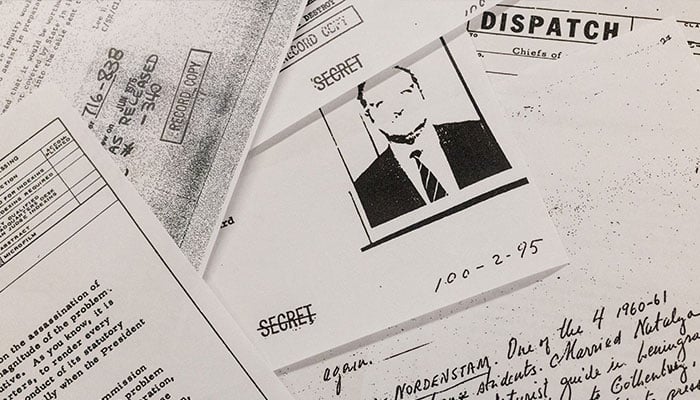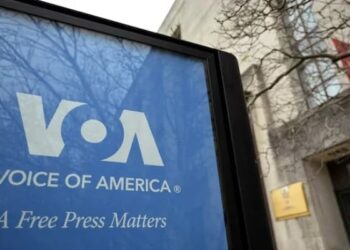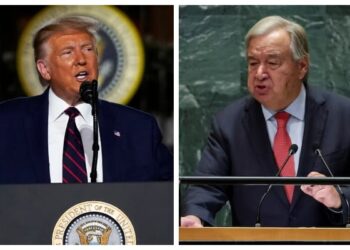
WASHINGTON: On Tuesday, the U.S. National Archives unveiled the last collection of documents related to the assassination of former President John F. Kennedy—a case that continues to stir conspiracy theories over six decades after his assassination.
This release comes after an executive order issued by President Donald Trump in January, which mandated the full disclosure of the remaining documents concerning the assassinations of Kennedy, his brother, former Attorney General Robert F. Kennedy, and civil rights leader Martin Luther King Jr.
“In line with President Donald Trump’s directive […] all records that were previously classified and are part of the John F. Kennedy Assassination Records Collection have been made public,” the National Archives stated on their website Tuesday evening.
Over the years, the National Archives have disclosed millions of pages of files relating to Kennedy’s assassination in November 1963. However, thousands of documents remained classified at the request of the Central Intelligence Agency (CIA) and the Federal Bureau of Investigation (FBI), who cited national security as their concern.
The Warren Commission, which was tasked with investigating the shooting of the charismatic 46-year-old president, concluded that Lee Harvey Oswald, a former Marine sharpshooter, acted alone in carrying out the assassination.
Yet, this official verdict has done little to diminish the beliefs surrounding a potential conspiracy behind Kennedy’s murder in Dallas, Texas. The gradual release of government documents has only fueled existing conspiracy theories.
Experts on Kennedy have noted that the documents still held by the archives are unlikely to reveal any shocking truths or settle the ongoing speculation surrounding the assassination of the 35th president of the United States.
Oswald was shot by nightclub owner Jack Ruby on November 24, 1963—just two days after Kennedy’s assassination—while he was being transferred to a county jail.
Many records released to date have been raw intelligence, including numerous reports from FBI agents chasing leads that ultimately proved fruitless.
Much of the information was already known, including the fact that the CIA, obsessed with communism, concocted several bizarre plots to assassinate Cuba’s Fidel Castro.
After defecting to the Soviet Union in 1959, Oswald returned to the United States in 1962. The conspiracy industry has been fueled by countless books and movies—including Oliver Stone’s 1991 film “JFK”—which have implicated Cold War adversaries like the Soviet Union and Cuba, as well as organized crime and even Vice President Lyndon Johnson.
This document release follows a Congressional act from October 26, 1992, which required that all unredacted records related to the assassination, housed in the National Archives, be released fully 25 years later.




